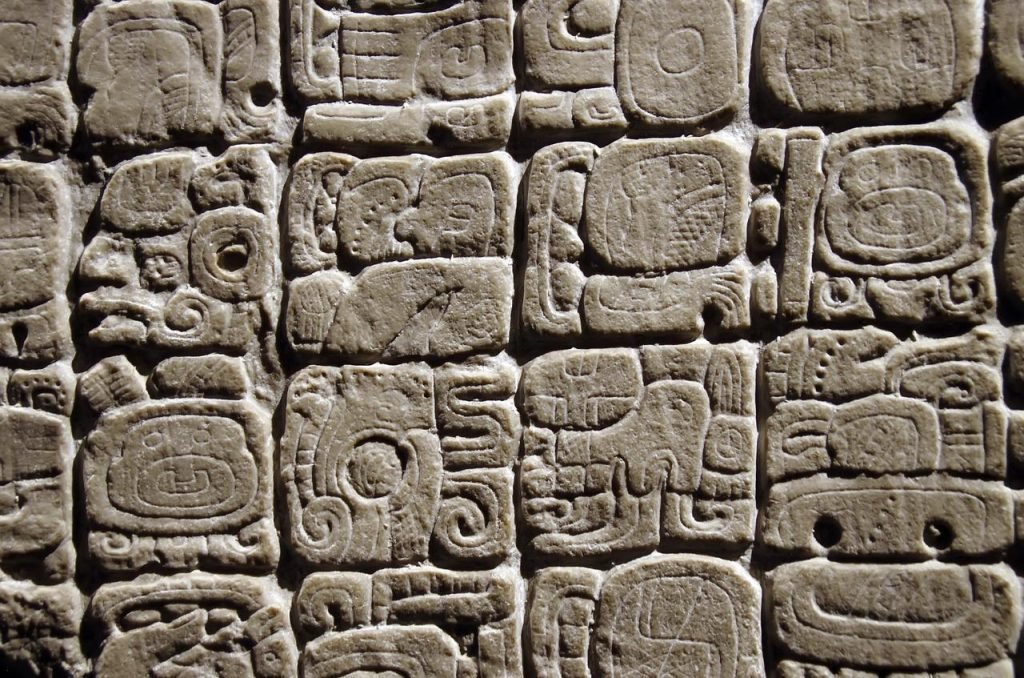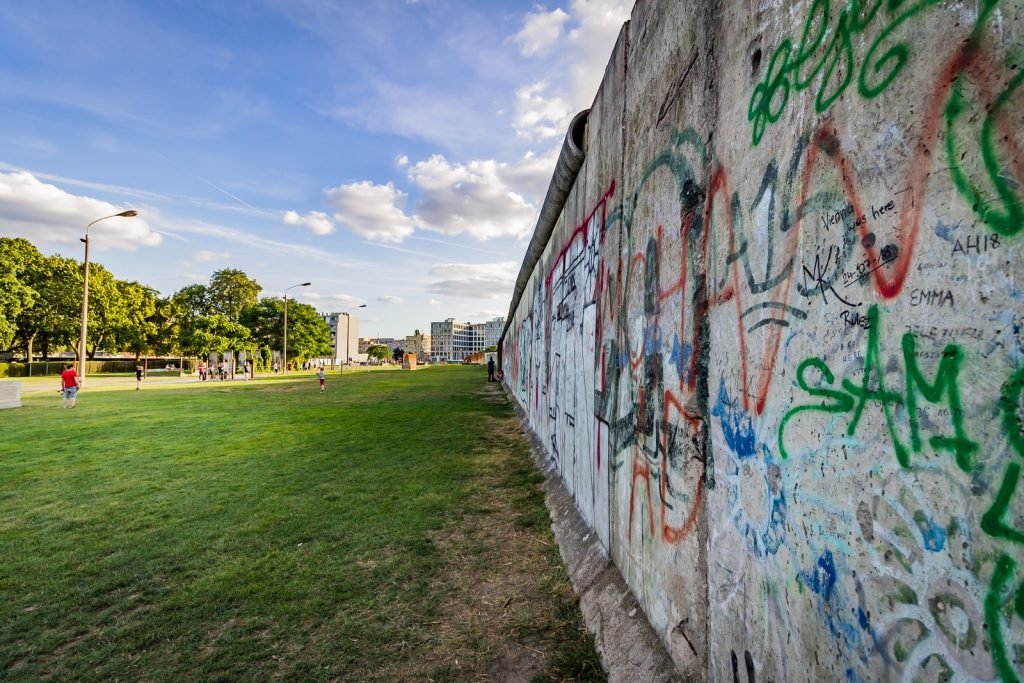International Summer School in Cognitive Science

This is the 28th annual International School in Cognitive Science at New Bulgarian University in Sofia. The school is world famous for offering a unique opportunity to young students and researchers to learn about topical themes and methodologies within this interdisciplinary area of research. Cognitive scientists have a common goal: understanding the nature of the […]
Summer school of anthropology: “Cultural heritages – how we interpret the past” New bulgarian University and The Rousse Regional Historical Museum

The aim of the summer school is to draw attention to cultural heritages, which show a variety of interpretations of the past – historical past, cultural landscapes, cultural technologies, cultural interactions and lordship relations. The chosen region represents diffrent places of coexistence that share and differ in cultural exchanges and cultural differences. The summer school […]
What went wrong? Dominant ideas since the erection of the Berlin Wall

Having overcome the destruction of the Second World War, by the early 1960s the world seemed set on a course to ever greater freedom (political and personal), affluence and solidarity. As the Berlin Wall came up in 1962, half the world remained behind it. But even there, greater freedom and a better life for all […]
Prevention and Investigation of Financial Crimes: AML & CTF

Masterclass/workshop on practical aspects of AML/CTF in relation to prevention and investigation of possible financial and economic crimes. Several aspects of AML/CTF within the context of their typology as financial crimes are going to be discussed. Some AML/CTF typologies based on practical cases would be analyzed. Some conclusions and recommendations to practice are going to […]
Critical Thinking and Argumentation

The course introduces the main concepts and tools of critical thinking. The goal of the course is to offer basic understanding of contemporary views on the structure and scope of critical thinking and argumentation and the ways of their implementation in discussions and texts. It focuses on the problems of logical analysis and its application […]
Developmental Psychopathology – Autism Spectrum Disorders and ADHD – theory and practice

The course will offer an introduction to the biological foundations of Autism Spectrum Disorders and ADHD – clinical features, assessment methods and research. The signs and symptoms in the dynamics of the disorders will be presented from a neurobiological perspective and in the context of genetics, neuroimaging, neurochemistry, and disease biomarkers. Examples of tests and […]
Digital management

The course digital business management presents to students an interdisciplinary problem – that of digital management. Digital business management is associated with the use and creation of software (ICT field), management theory and practice (Business Administration), means, styles and models of communication (Mass communications), types of intelligence – emotional, social, mechanical / instrumental (Cognitive psychology). […]
Civilization and religion

More than 10,000 years have passed since the first human civilizations appeared. For the first religious cults, this distance is even greater – perhaps 50,000 years or even more. Almost everything we touch in our daily lives is related to civilization and religion, often not with one specific, but with a special mixture of several. […]
Performance management

This course will help students to understand the elements of an effective, integrated system for performance and development as key to achieving effectiveness and efficiency in the organization. Students will develop a vision for the HRM as a managerial process. They will learn how to: • Understanding the HRM schemes • Develop the skills to […]
Talent Management and Employer Branding

The aim of this course is to provide a perspective for understanding the basic concepts and the concepts of talent management, Students will understand the operation of market laws in the labor market, the marketing approach in the management and development of human resources. They will learn how to develop technology marketing strategies for the […]